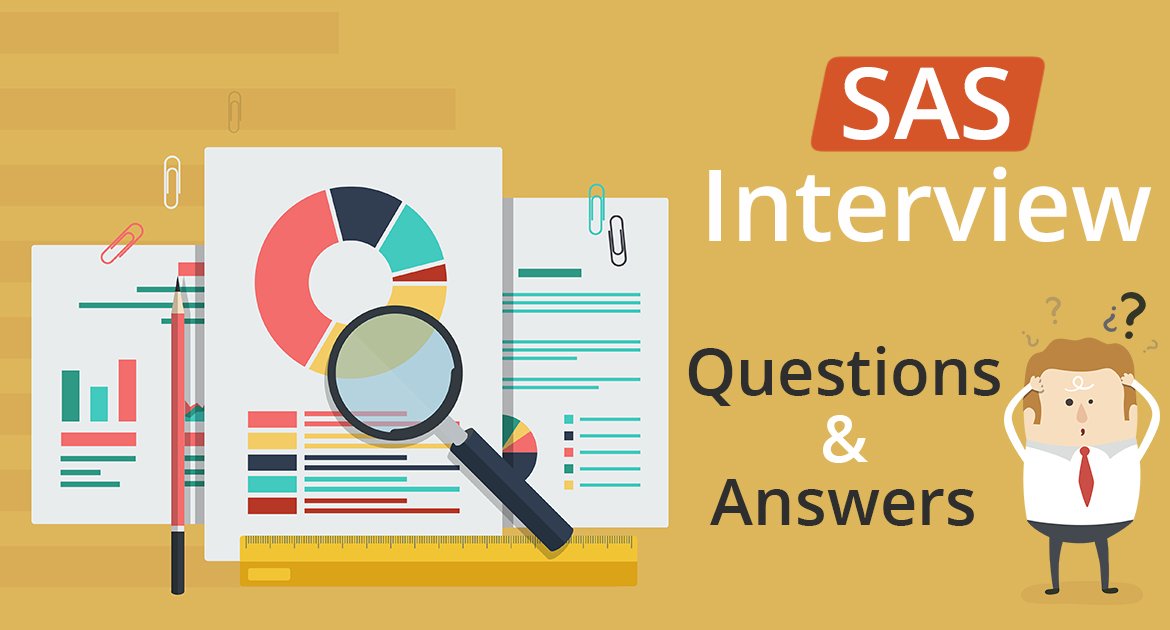

Demystify "Ten years of pharma programming experience required" - What hiringĥ. Your Resume – Selling Yourself Using SAS®, Rebecca Ottesen, Susan SlaughterĤ. 10 Things Experienced SAS® Programmers Don’t Know – But Should, Doug Zirbelģ. Hire Winners! Tips for Finding Qualified Candidates and Great SAS Programmers, Kathy DoanĢ. Technical Questions - Be ready to answer situational questions such as what programming technique can you apply to assign unscheduled visits?ġ. Be sure to recap the highlights of your conversation, send any information that you may have needed to check on, and finally express your enthusiasm about the opportunity and how your skills will benefit the company. If the company is more formal, you will want to send your note by mail. If you corresponded by email, it is acceptable to send your thank you electronically.

Contact your references prior to the interview so that they can be prepared for a phone call from the prospective employer.įollow up - Send a thank you after your interview. References - Be prepared to present at least two professional references. Be detailed in your answer but avoid rambling.Įmphasize Your Skills - Discuss your strengths and be honest about skills that you may not have, follow up with how quickly you can learn. Stay on track and respond with more than a "yes" or "no" answer. Listen - Pay attention to the questions you are being asked. Know Your Career Path - Be prepared to discuss goals and what path you would like to see your career take.

Also do some research on the industry, learning about past/current trends. SAS Clinical Trials Programmer Certificationīe Prepared: 6 Interview Questions You Need to Know the Answers Toĭo Your Research - Prior to your interview, research company history and profile. See also New SAS Programming and SAS ® Technical tips. You should be able to find answers to any SAS ® skills gaps you may have. Below is a collection of links to increase your knowledgebase and confidence in passing the SAS ® technical interview.


 0 kommentar(er)
0 kommentar(er)
